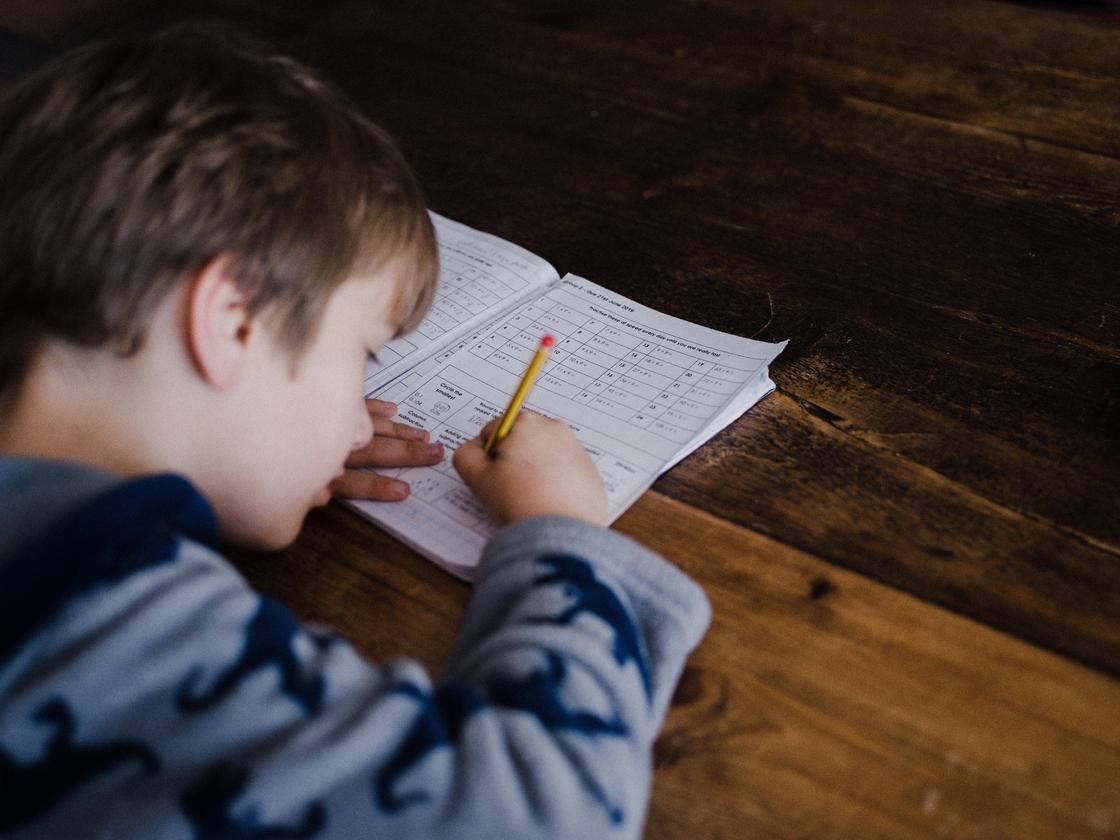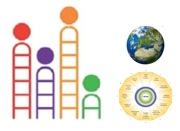
January 2015: The day to day impact of child development on outcomes is the important question that our Action Research group is setting out to explore. We had our first session on Monday and I am very excited that we have got going. We are 8 practising professionals from education and children's services. Our goal is to make space over the next 6 months to think about what we are seeing in our settings.
Because when it comes to outcomes, child development is the elephant - no, the mammoth - in the room. We live in an era in which there has been a massive collective investment of time and financial resources in, tracking outcomes in educational and mental health practice, but where is child development? What is the explanation for the collective blindness about this critical issue?
How is it that we track so much in so much detail in our classrooms and services to do with literacy and numeracy, but still pay so little attention to the issues that have potentially the most powerful impact? I think the problem is a lack of robust theoretical foundations, and consequently a lack of training in the big picture of what is important, combined with too much top down pressure to 'do what you are told', rather than observe what you are seeing and respond appropriately. If you want to produce good results from tracking, you need to be sure you know WHY you are tracking something, not just WHAT you are tracking
In my view, child development is not just about how to take a child from being able to do addition to being able to do long-division. Child development is not just about Piaget and concrete and abstract thinking. Child development is about how children's brains - and adult brains - start to function in the context of relationships and in the context of experiences. Unfortunately, aside from a few throw away references, there is a frankly a gross lack of collective understanding about child development in our training systems for teachers, social workers, medics, inspectors and politicians. No wonder parents are confused.
Children are not small adults. They are emerging in their abilities to make sense of a complex world. Their capacities to make sense of the world, and to make sense of themselves and others, are not given at birth, they need to be nurtured and awakened. This is a process that takes a lot of time. With lack of care and sensitivity, a child's abilities to make sense of Self and Other and the World can be profoundly impacted, delayed and sometimes damaged. So if we want to understand violence, and disengagement and gangs, and any number of other social challenges, we need to understand child development.
Fortunately in child development we also have very strong foundations for robust interventions. And fortunately, if we decide to respect the hierarchical nature of child development, this can provide us with a map and a guide about what we need to do to address the issues we most care about.
But we need to stop and be willing to watch and willing to learn. This makes all the difference.
If you want to hear more about our learning why not request to join the I Matter - Network on Linked In or on look out for updates on Twitter. Or, just get in touch by emailing: cathy@imatterproject.com.
Because when it comes to outcomes, child development is the elephant - no, the mammoth - in the room. We live in an era in which there has been a massive collective investment of time and financial resources in, tracking outcomes in educational and mental health practice, but where is child development? What is the explanation for the collective blindness about this critical issue?
How is it that we track so much in so much detail in our classrooms and services to do with literacy and numeracy, but still pay so little attention to the issues that have potentially the most powerful impact? I think the problem is a lack of robust theoretical foundations, and consequently a lack of training in the big picture of what is important, combined with too much top down pressure to 'do what you are told', rather than observe what you are seeing and respond appropriately. If you want to produce good results from tracking, you need to be sure you know WHY you are tracking something, not just WHAT you are tracking
In my view, child development is not just about how to take a child from being able to do addition to being able to do long-division. Child development is not just about Piaget and concrete and abstract thinking. Child development is about how children's brains - and adult brains - start to function in the context of relationships and in the context of experiences. Unfortunately, aside from a few throw away references, there is a frankly a gross lack of collective understanding about child development in our training systems for teachers, social workers, medics, inspectors and politicians. No wonder parents are confused.
Children are not small adults. They are emerging in their abilities to make sense of a complex world. Their capacities to make sense of the world, and to make sense of themselves and others, are not given at birth, they need to be nurtured and awakened. This is a process that takes a lot of time. With lack of care and sensitivity, a child's abilities to make sense of Self and Other and the World can be profoundly impacted, delayed and sometimes damaged. So if we want to understand violence, and disengagement and gangs, and any number of other social challenges, we need to understand child development.
Fortunately in child development we also have very strong foundations for robust interventions. And fortunately, if we decide to respect the hierarchical nature of child development, this can provide us with a map and a guide about what we need to do to address the issues we most care about.
But we need to stop and be willing to watch and willing to learn. This makes all the difference.
If you want to hear more about our learning why not request to join the I Matter - Network on Linked In or on look out for updates on Twitter. Or, just get in touch by emailing: cathy@imatterproject.com.

Comments